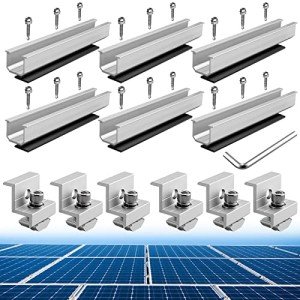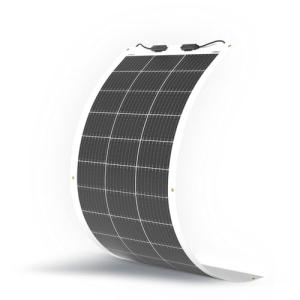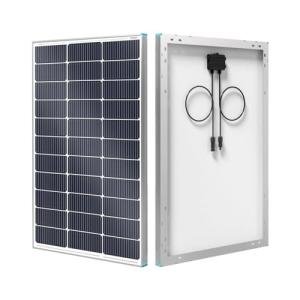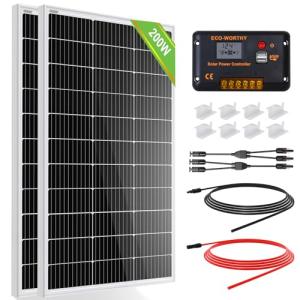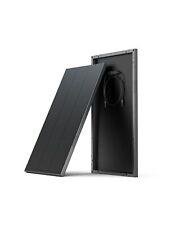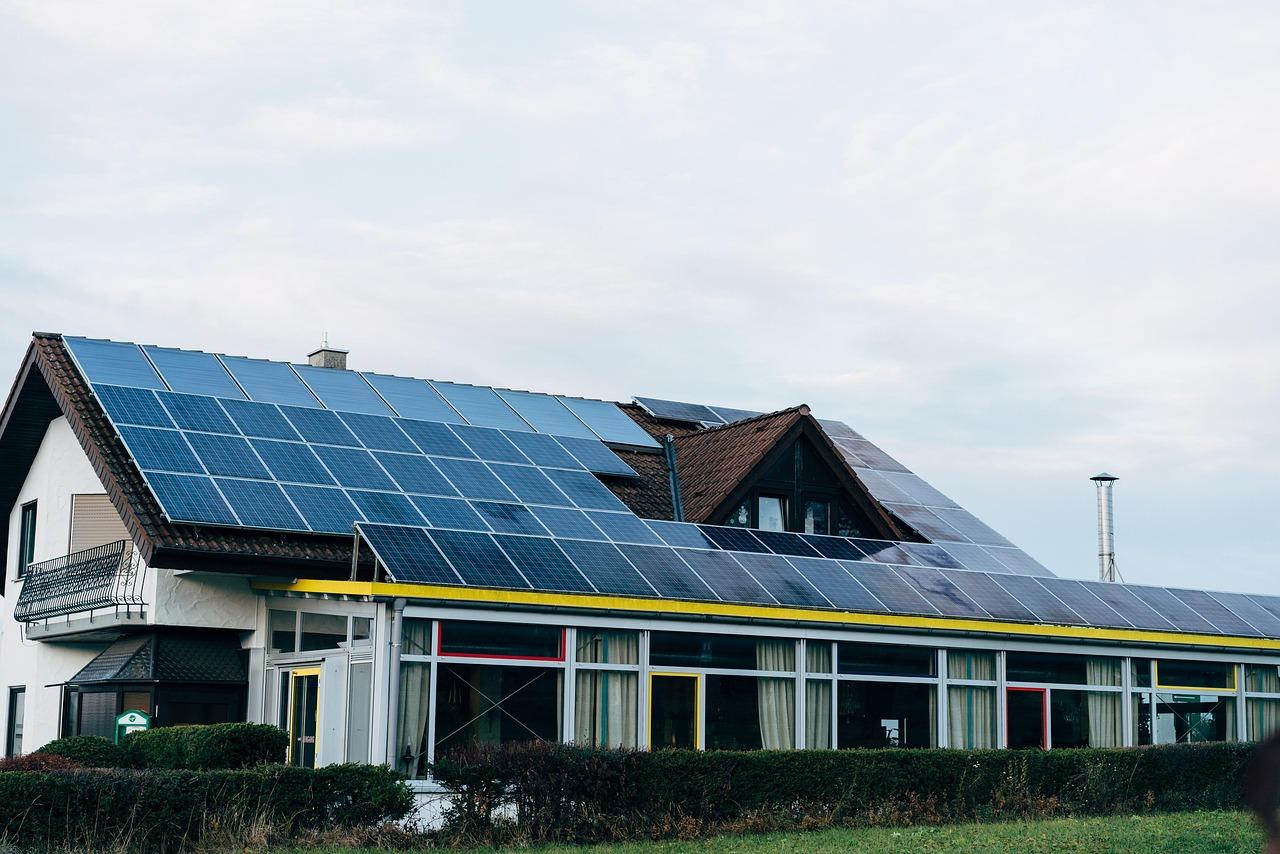First up, we have monocrystalline panels. These guys are known for their sleek black look and high efficiency. If you have limited roof space or just want to get the maximum power out of every square foot, monocrystalline is a solid choice. They perform better in low light and last a long time, making them a favorite for many homeowners.
Next, we’ve got polycrystalline panels. You might notice they’re a bit cheaper than their monocrystalline cousins. They’re blue in color and slightly less efficient, but if you have plenty of space, they can still do the trick! These panels are a great option if you want a balance between price and performance.
Finally, consider thin-film solar panels. These are super lightweight and flexible, making them great for different applications, like RVs or unusual rooftops. They’re usually the least efficient, but if you don’t mind having more panels to produce the same amount of energy, they can be a budget-friendly option.
In the end, think about what’s most important to you. Is it efficiency, cost, or maybe space? Once you narrow down your priorities, you can choose the right type of solar panel for your needs and start enjoying the benefits of solar energy today!
Types of Solar Panels Explained Clearly
When diving into the world of solar energy, it's super helpful to understand the different Types Of Solar Panels. Here’s a breakdown of the main contenders you’ll run into.
First up, we have monocrystalline solar panels. These are known for their sleek black look and high efficiency. They’re made from a single crystal structure, allowing them to convert sunlight into energy really well. If you have limited roof space, these panels give you the most bang for your buck due to their higher output.
Next, we have polycrystalline solar panels. These are a bit more affordable but also slightly less efficient than their monocrystalline cousins. They have a speckled blue appearance and are made from multiple crystal structures. If you're working within a budget, polycrystalline panels are a solid choice, especially if you have plenty of roof space.
Then there are thin-film solar panels. These are the lightweights in the group. They’re flexible and can be installed in various locations. Although they’re not as efficient as the other two types, they perform well in low-light conditions. If you need something lightweight or want to cover a large area, thin-film panels could be the perfect fit.
Finally, consider BIPV (Building Integrated Photovoltaics). These panels integrate right into your building’s architecture. Think solar shingles or windows. They're a great way to combine aesthetics and functionality, but typically come with a higher price tag. If appearance is key for you, BIPV might be a great investment.
Anbte 6-Pack Universal Solar Panel Holder Kit
Secure your solar panels with ease using this versatile holder kit designed for all your installation needs
Product information
€27.99 €26.59
Product Review Score
4.51 out of 5 stars
102 reviewsProduct links
Benefits of Different Solar Panel Types
When diving into the Types Of Solar Panels, you'll come across a few popular options, each with its unique perks. Let's break them down so you can pick the best fit for your needs.
Monocrystalline solar panels are a favorite for good reason. These panels are made from a single crystal structure, which means they’re super efficient. They take up less space since they generate more power than other types. If you’re limited on roof space or want to maximize energy production, these panels might be your best bet. Plus, they tend to last longer, so you won't need to worry about replacements anytime soon.
Polycrystalline solar panels are another strong contender in the world of solar panels. They’re made from multiple crystal structures, which makes them cheaper to produce. While they’re not quite as efficient as monocrystalline panels, they're still a solid choice, especially if you're on a budget. They work well in various temperatures and still generate decent energy on cloudy days.
If you're looking for something a bit different, thin-film solar panels could be the way to go. These panels are lightweight and flexible, making them great for unconventional spaces or surfaces. They might not be the most efficient, but they perform better in high temperatures and are often more affordable upfront. If you have a larger area to cover and want something stylish, thin-film panels might be your answer.
No matter what type you choose, understanding the Types Of Solar Panels helps you make an informed decision that matches your energy needs and budget. Each type has its strengths, so consider what matters most to you—space, aesthetics, or cost—and you’ll find the perfect solar solution.
ZOLKER 20ft Telescopic Solar Panel Cleaning Brush
Keep your solar panels spotless and shining with the ZOLKER 20ft Telescopic Solar Panel Cleaning Brush
Product information
€244.13
Product Review Score
4.72 out of 5 stars
131 reviewsProduct links
Maximize Your Energy Savings with Solar Panels
Looking to cut down on your energy bills? Solar panels are a fantastic way to save money while also being kind to the environment. With the right setup, you can harness the sun’s energy and power your home without breaking the bank. Let’s dive into the Types Of Solar Panels and see how they can maximize your energy savings!
First up, there’s monocrystalline solar panels. These are the rockstars of efficiency. Made from a single crystal structure, they convert sunlight into electricity better than others. If you’re short on roof space, these panels are your best bet. You’ll get the most bang for your buck, especially when the sun shines bright.
Next, we have polycrystalline solar panels. These guys are a popular pick, too. They might not be as efficient as monocrystalline panels, but they shine in affordability. If you have a larger roof and want to save some upfront costs, polycrystalline panels work great. They’re quite reliable and still offer decent energy savings over time.
Lastly, thin-film solar panels are worth mentioning. These are lightweight and flexible, making them perfect for unique installations. While they usually take up more space and might not be as efficient, they can be a great option for larger spaces like commercial buildings. If you’re looking for something versatile, thin-film could be right for you.
Choosing the right Types Of Solar Panels is key to maximizing your energy savings. Think about your needs, roof space, and budget. With the right panels, you’ll see those energy costs drop while enjoying the sunshine!

